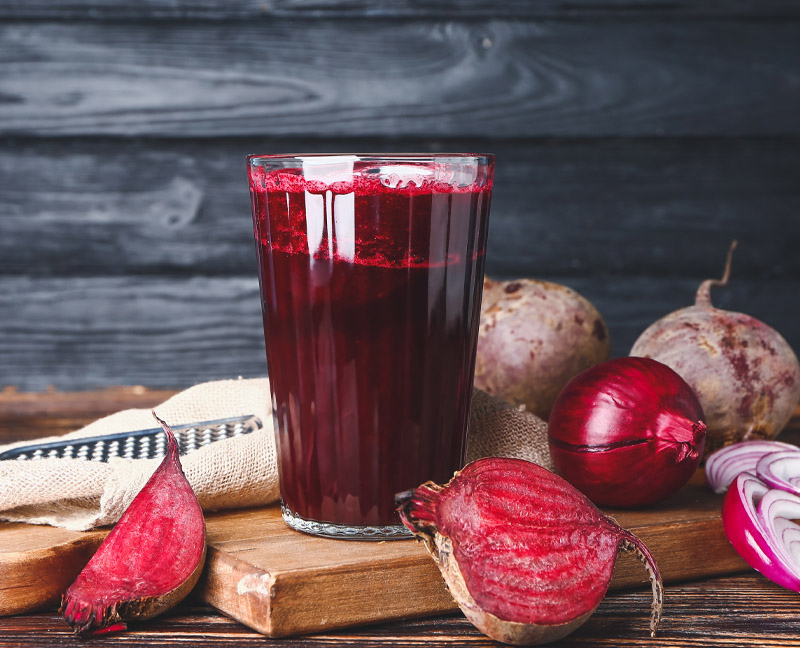Are Nitrates Nutritional?

According to Tiffany Rios, RD, CDE, of Shore Physicians Group, it’s no secret that nitrates in our food have garnered a lot of attention in recent years. While some nitrates naturally occur in certain plants, others are added to processed meats.
Research has shown that nitrates from plants and those added to meat behave very differently in the body. Natural nitrates in plants, such as spinach and beets, are converted into nitric oxide, which has been linked to improved heart health and increased exercise performance. On the other hand, nitrates added to processed meats, such as bacon and hot dogs, can be converted into harmful compounds called nitrosamines, which have been linked to an increased risk of cancer. As consumers become more health-conscious, it’s important to understand the difference between natural and added nitrates and make informed choices regarding our food, says Rios.
To strike a balance, Rios recommends consuming nitrates through a well-rounded diet that includes plenty of fruits and vegetables while minimizing processed and cured meats. By being mindful of your nitrate intake, you can reap the benefits of this important compound while reducing your risk of health complications.
Recent studies have shown that consuming plant-based foods high in nitrates can significantly improve heart health. These nitrates are converted into nitric oxide in the body, which helps to relax blood vessels and improve blood flow. This can lead to lower blood pressure and reduced heart disease and stroke risk. Foods high in nitrates include leafy greens like spinach and arugula, and beets and root vegetables like carrots and turnips. Rios says adding these foods to your diet can be an easy and delicious way to support your heart health. Additionally, nitrate supplements and beetroot juice have become increasingly popular among athletes due to their potential to improve endurance and performance.
Another recent study led by the University of Exeter has found that drinking beetroot juice can significantly reduce fatigue during exercise. The study shows how the nitrate found in beetroot juice helps to reduce the uptake of oxygen, making exercise less tiring. This breakthrough discovery could revolutionize how athletes and fitness enthusiasts approach training routines. With the use of beetroot juice, they can push themselves harder for longer periods without feeling as fatigued or exhausted. To receive the benefits, people should consume beetroot juice 1½ to three hours ahead of the event to most closely match the dosing schedule used in studies. This is great news for anyone looking to improve their endurance levels and achieve their fitness goals.
Rios states that by understanding nitrates’ benefits and risks, you can make informed decisions about your diet and overall health. So, next time you’re at the grocery store, choose plant-based sources of nitrates like spinach and beets instead of processed meat products. Your body will thank you!
To learn more or to make an appointment with Tiffany Rios, call 609.365.5300. Tiffany treats patients at the Shore Physicians Group Endocrinology office at 18 West New York Avenue in Somers Point, NJ.